38 come fare lettera licenziamento
Come - Wikipedia Come (Tenos), an ancient town on Tenos island, Greece; Music. Come (American band), an American indie rock band formed in 1990; Come (UK band), a British noise project founded in 1979 Come Organisation, its record label; Come, a 1994 album by Prince "Come", a song by Fleetwood Mac from Say You Will "Come" (Jain song), 2015 Come Definition & Meaning - Merriam-Webster come 1 of 2 verb ˈkəm came ˈkām ; come; coming ˈkə-miŋ intransitive verb 1 a : to move toward something : approach Come here. b : to move or journey to a vicinity with a specified purpose Come see us. Come and see what's going on. c (1) : to reach a particular station in a series Now we come to the section on health. (2) : to arrive in due course
Come Definition & Meaning | Britannica Dictionary Britannica Dictionary definition of COME [no object] 1 : to move toward someone or something Please come here for a minute. I want to show you something. Don't come near me. She came quietly into the room. [+] more examples 2 : to go or travel to a place People come from all over the country to see him.
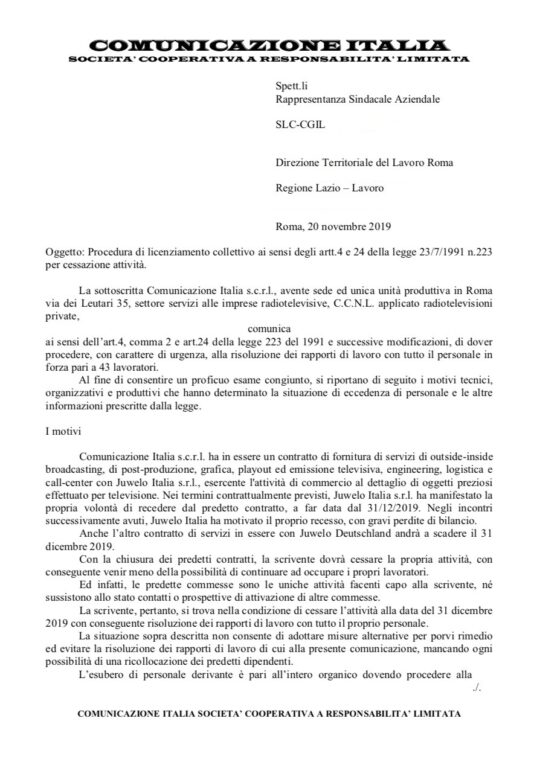
Come fare lettera licenziamento
Came or Come: Which Is Correct? (Helpful Examples) “Came” is correct when using the simple past tense, meaning someone or something came at a certain time in the past and is over now. “Come” is correct when using the past, present, or future perfect tenses, meaning something started “coming” before and may continue in the present. You might not quite understand what we mean yet. COME | definition in the Cambridge English Dictionary come verb (MOVE TO SPEAKER) A1 [ I ] to move or travel toward the speaker or with the speaker: Are you coming with me? There's a car coming! Can you come to my party? Here … Come (album) - Wikipedia Come (album) Come is the fifteenth studio album by American recording artist Prince. It was released on August 16, 1994 by Warner Bros. Records. At the time of its release, Prince was in a public dispute with his then-record company, Warner Bros . The album would be Prince's final Warner Bros. album under his name.
Come fare lettera licenziamento. come - Wiktionary Jan 12, 2023 · come ( third-person singular simple present comes, present participle coming, simple past came or (now nonstandard) come, past participle come or (rare) comen ) ( intransitive) To move from further away to nearer to. She’ll be coming ’round the mountain when she comes […] To move towards the speaker. I called the dog, but she wouldn't come. Come - Grammar - Cambridge Dictionary We also use come to talk about movement from another place to the place where the speaker or listener is: Rosie is going to come to you on Friday if that’s okay. (a third person moves to the listener) A man came to my door last night selling pictures. (another person moved to the speaker) Come is also used with the meaning of ‘accompanying the speaker or listener to a place’: Come by - Idioms by The Free Dictionary 1. To possess, obtain, or acquire (something). Steady work is hard to come by in this economy. I know you think I came by my success easily, but I put in a lot of hard work to get where I am today. 2. To visit a place. Jenny came by the house earlier, looking for you. come | Etymology, origin and meaning of come by etymonline Mar 13, 2022 · come. (v.) elementary intransitive verb of motion, Old English cuman "to move with the purpose of reaching, or so as to reach, some point; to arrive by movement or progression;" also "move into view, appear, become perceptible; come to oneself, recover; arrive; assemble" (class IV strong verb; past tense cuom, com, past participle cumen ), from ...
Conjugation come | Conjugate verb come | Reverso Conjugator ... come turn; happen; arrive; ... Infinitive to come Preterite came Past participle come Model : come Auxiliary : have, be Other forms: not come Contractions Advertising Indicative Present I come you come he/she/it comes we come you come they come Preterite I came you came he/she/it came we came you came they came Present continuous I am coming Come to - Idioms by The Free Dictionary come to v. 1. To arrive at a place: We came to this city looking for a new life. 2. To come to the mind of someone; occur to someone: An interesting idea just came to me. 3. To have some sum as a total: The bill for dinner came to $40. 4. To arrive at some final state; amount to something: What will these strange events come to? COME | Cambridge English Dictionary에서의 의미 come verb (CHANGE) to change or be in a different position or condition: [ I always + adv/prep ] The stitching on my briefcase is coming apart. [ L ] A wire had come loose at the back. [ I always + adv/prep ] He pulled the knob and it came off in his hand. Come - Definition, Meaning & Synonyms | Vocabulary.com move toward, travel toward something or somebody or approach something or somebody “He came singing down the road” “ Come with me to the Casbah” “ come down here!” “ come into the room” synonyms: come up see more verb reach a destination; arrive by movement or progress synonyms: arrive, get get reach and board see more verb be received
Come - YouTube Provided to YouTube by avex traxCome · Namie Amuro犬夜叉 BEST ALBUM 主題歌集℗ AVEX ENTERTAINMENT INC.Released on: 2021-12-24Composer: KASK/MANSSON ... COME | English meaning - Cambridge Dictionary come verb (MOVE TO SPEAKER) A1 [ I ] to move or travel towards the speaker or with the speaker: Are you coming with me? There's a car coming! Can you come to my party? Here … 145 Synonyms & Antonyms of COME - Merriam-Webster Synonyms of come See Definition come verb 1 as in to approach to move closer to come here and sit by the fire Synonyms & Similar Words Relevance approach enter near nigh advance drop in pop (in) Antonyms & Near Antonyms go withdraw leave retreat depart recede (from) exit 2 as in to arrive to get to a destination when do you think they'll come? Come at - Idioms by The Free Dictionary 1. to make a threatening move toward someone or something. The gorilla came at the cage and shook the bars. Walter came at the cake as if he were going to snatch the whole thing. 2. to attack someone or something. The elephant came at us and we moved away. The cat came at the mouse and pounced on it. See also: come.
come | translate English to Turkish - Cambridge Dictionary come translate: gelmek, gitmek/varmak, ulaşmak, erişmek, ... ile gitmek, olmak, gelmek, meydana gelmek, üretilmek…. Learn more in the Cambridge English-Turkish ...
Come on - Idioms by The Free Dictionary come on (to) someone or something. to find someone or something by accident; to happen onto someone or something. When I was out on my walk, I came on a little shop that sells leather goods. I came onto an old friend of yours downtown today. See also: come, on.
Come Definition & Meaning | Dictionary.com verb (used without object), came, come, com·ing. to approach or move toward a particular person or place: Come here. Don't come any closer! to arrive by movement or in the course of …
COME Synonyms: 103 Synonyms & Antonyms for COME | Thesaurus… See definition of come on Dictionary.com verb advance, approach verb happen verb extend, reach synonyms for come Compare Synonyms appear arrive become enter get happen hit materialize move occur reach show show up attain burst buzz flare near originate be accessible be at disposal be convenient be handy be obtainable be ready blow in bob up
Come (album) - Wikipedia Come (album) Come is the fifteenth studio album by American recording artist Prince. It was released on August 16, 1994 by Warner Bros. Records. At the time of its release, Prince was in a public dispute with his then-record company, Warner Bros . The album would be Prince's final Warner Bros. album under his name.
COME | definition in the Cambridge English Dictionary come verb (MOVE TO SPEAKER) A1 [ I ] to move or travel toward the speaker or with the speaker: Are you coming with me? There's a car coming! Can you come to my party? Here …
Came or Come: Which Is Correct? (Helpful Examples) “Came” is correct when using the simple past tense, meaning someone or something came at a certain time in the past and is over now. “Come” is correct when using the past, present, or future perfect tenses, meaning something started “coming” before and may continue in the present. You might not quite understand what we mean yet.







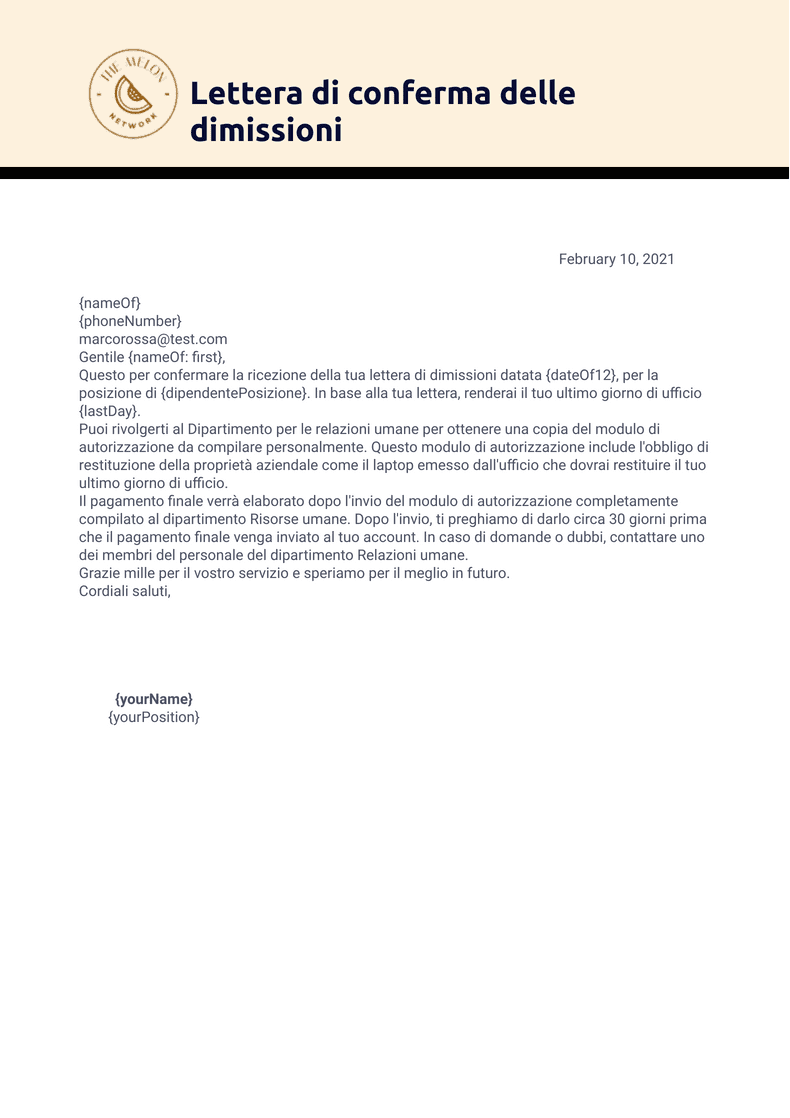




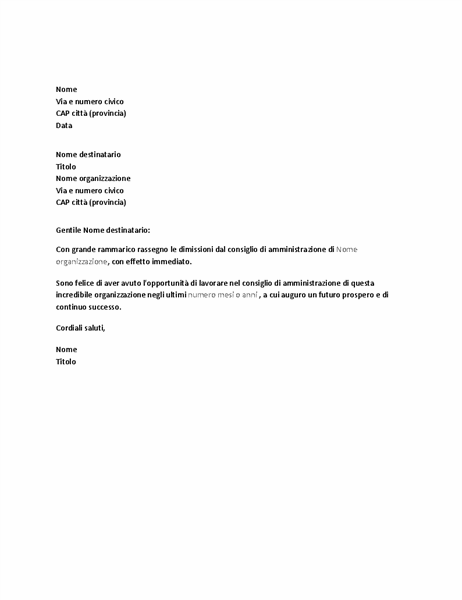


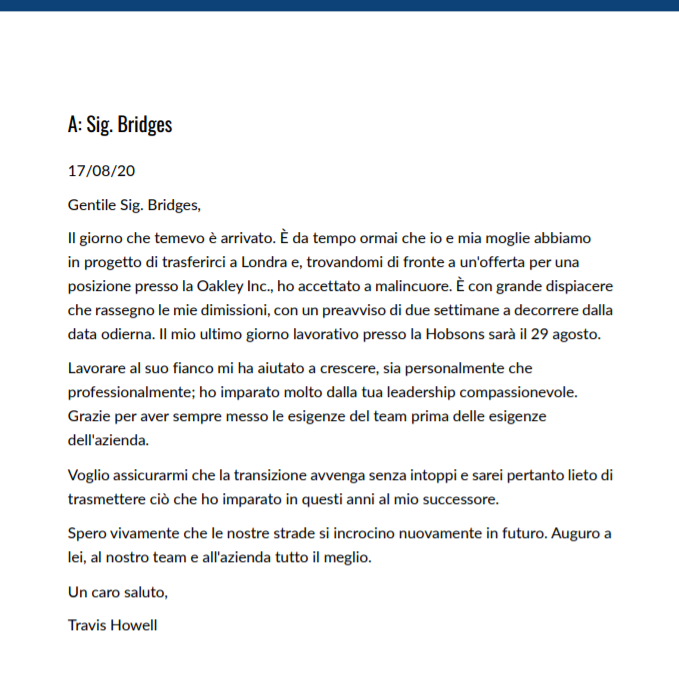
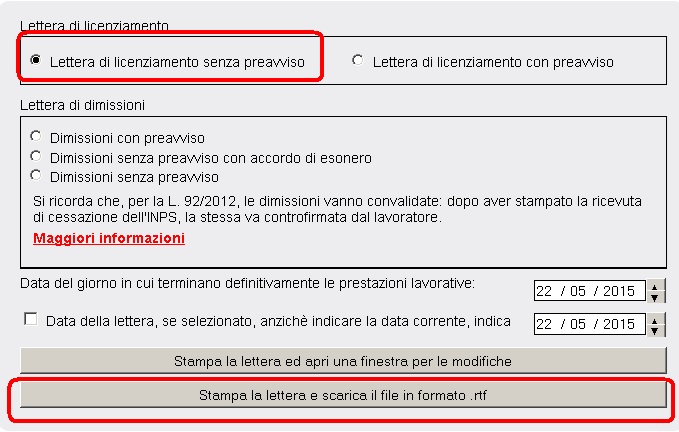
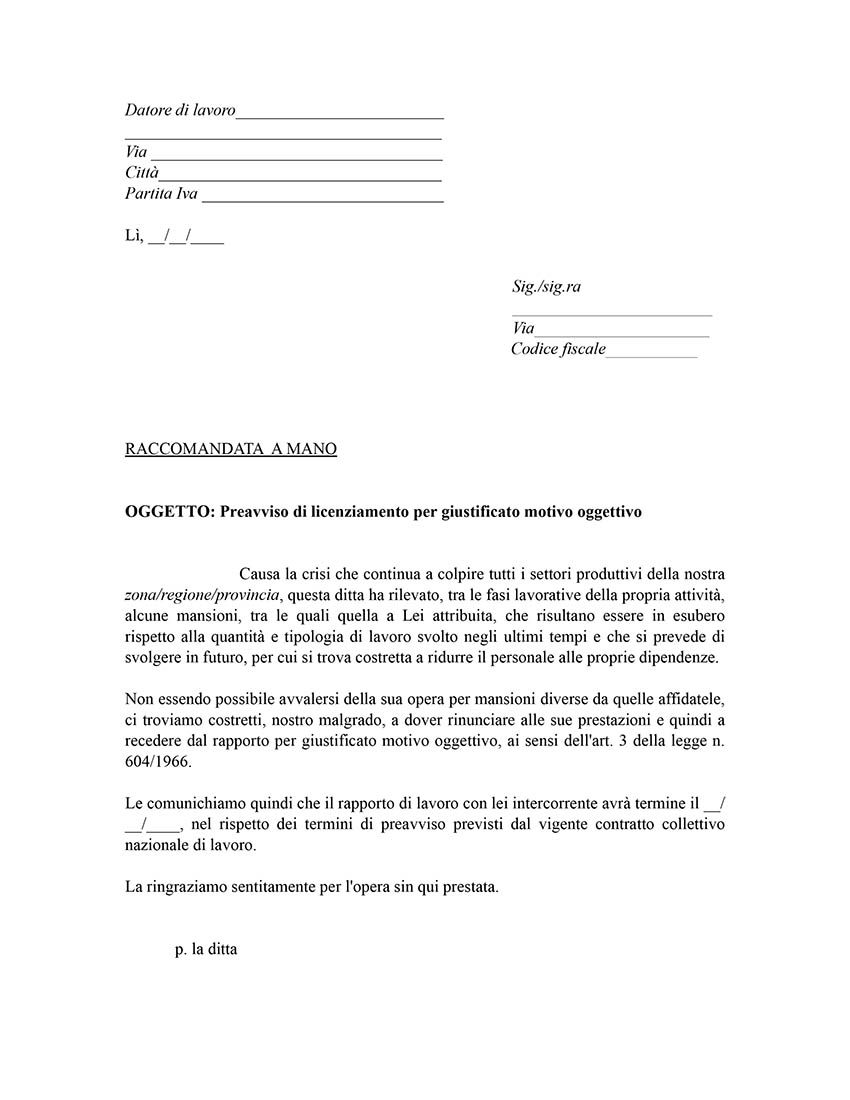


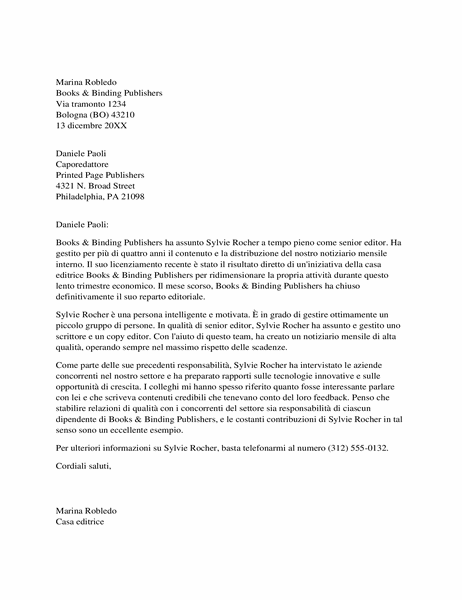
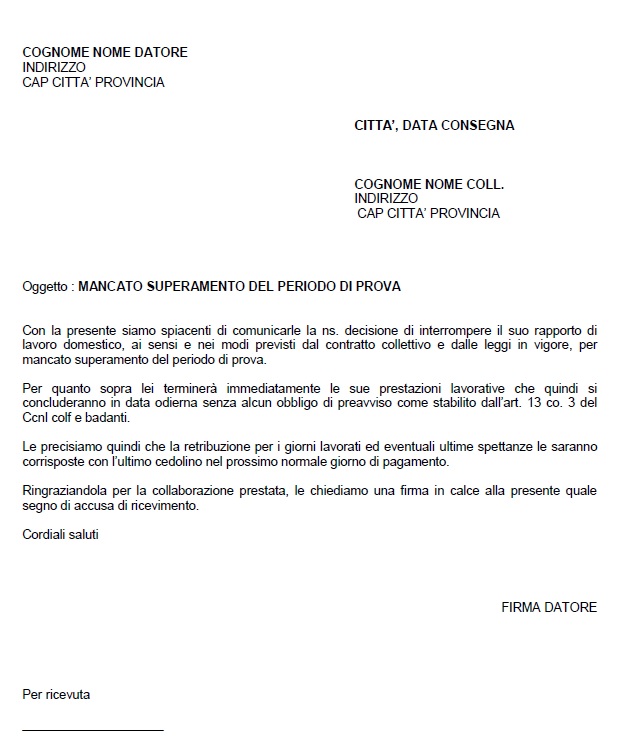








0 Response to "38 come fare lettera licenziamento"
Post a Comment